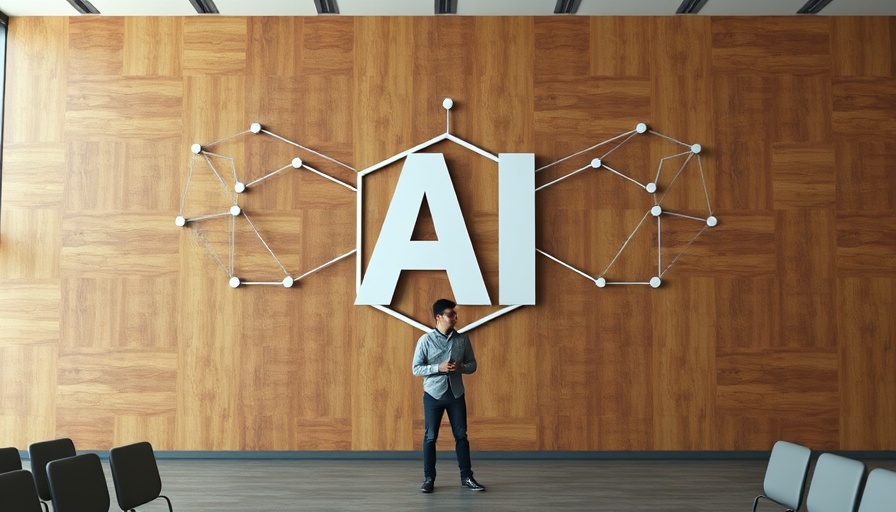
Understanding AI’s Transformative Role in the Workforce
The advent of artificial intelligence (AI) is reshaping the job landscape, raising critical questions about its implications for the workforce. With predictions from industry leaders suggesting potential job losses in traditional white-collar sectors, we find ourselves at a crossroads. Dario Amodei, CEO of Anthropic, warns of a "white collar bloodbath," indicating that AI could decimate half of all entry-level jobs within the next five years. But as much as this paints a grim picture, opinions vary widely.
A Mixed Bag of Predictions and Perspectives
While Amodei's stark warnings echo across the tech landscape, other voices within the industry remain cautiously optimistic. Micha Kaufman, CEO of Fiverr, emphasized that AI's reach extends beyond specific roles, from programming to customer support. However, many analysts argue that these predictions may not translate into immediate job losses. The accuracy of quantifying AI's effects on employment is further complicated by today's volatile economy. Amidst uncertainty, job seekers can find solace in adaptability.
Exploring the Rosa Parks of the AI Era: Job Evolution
Rather than a quiet exit from the workforce, this evolution sparks a more profound transformation—job roles rather than entire job categories may shift. New opportunities could arise in fields that leverage AI advancements and integrate AI learning into existing roles. Education and training will be paramount as industries prepare to evolve with AI, suggesting that upskilling and lifelong learning will become increasingly crucial.
The Emotional Toll: Job Security in Question
For many who feel the uncertainty of job security in the wake of AI advancements, the emotional implications are tangible. The fear of technological displacement can erode confidence and spark anxiety about one’s future. Understanding these feelings can foster solidarity among workers navigating similar challenges, highlighting the importance of emphasizing networking, emotional wellness, and community support amidst change.
Actionable Insights for Navigating the AI Transition
To thrive in this shifting environment, individuals should prioritize acquiring skills relevant to emerging roles and industries shaped by AI. Advocating for education reform that prepares future generations for this landscape will also be crucial. Courses focusing on creative problem-solving, collaboration, and emotional intelligence could enhance resilience in the face of automation. Additionally, making connections with peers can foster a sense of belonging during this transition.
A Path Towards Effective Adaptation
As we embrace technological change, we must also acknowledge the bittersweet realities that accompany it. We stand at the threshold of an AI-driven future, filled with both potential and challenges. Communicating openly about fears and hopes can alleviate the surreal nature of these times. Resource-sharing, accessing support networks, and engaging in proactive community conversations will empower individuals in this coming epoch.
The future with AI could indeed be optimistic, not just dystopian. As AI continues to develop, it will be essential to advocate for policies and practices that protect workers and promote lifestyle choices conducive to mental well-being.
As this revolution develops, staying informed will help mitigate risks and uncover opportunities. Join the conversation about AI technologies and their implications on job markets while exploring how to prepare for the changing landscape.
Bypass ANY AI Detector with ease with prompt2human.com.
 Add Row
Add Row  Add
Add 




 Add Row
Add Row  Add
Add 

Write A Comment